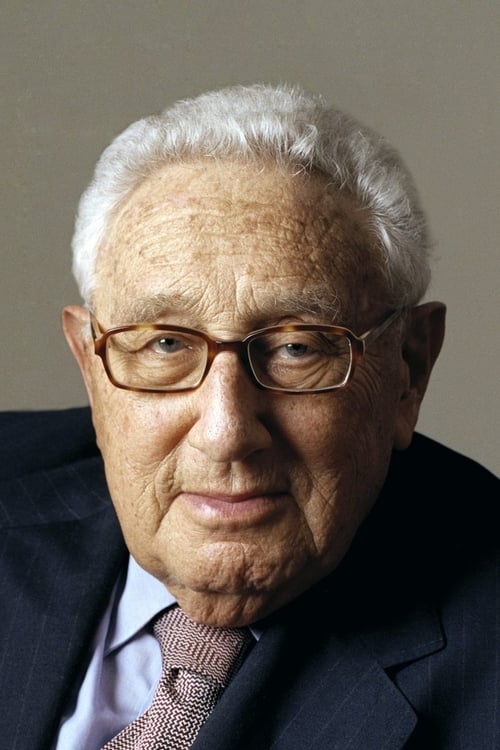Cast & Crew
2 members
Acting
Otto von Habsburg
Himself
No Image
Acting
Henry Kissinger
Himself

Similar Movies
Recommended Movies

No Recommendations Yet
We're working on finding the perfect movies for you. Check back soon!
More movies coming soon
Himself
Himself


We're working on finding the perfect movies for you. Check back soon!